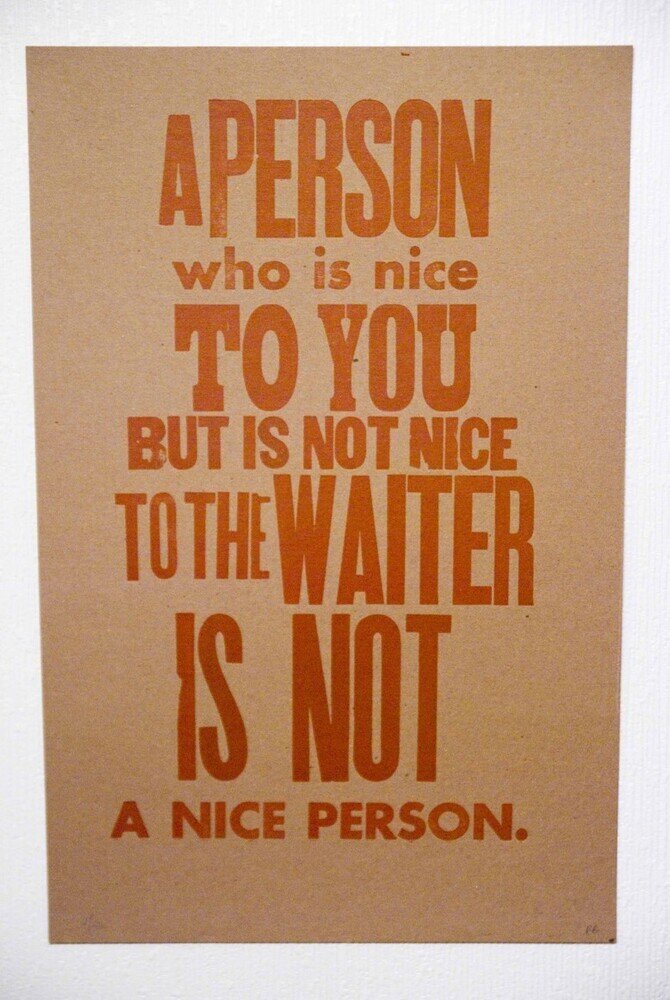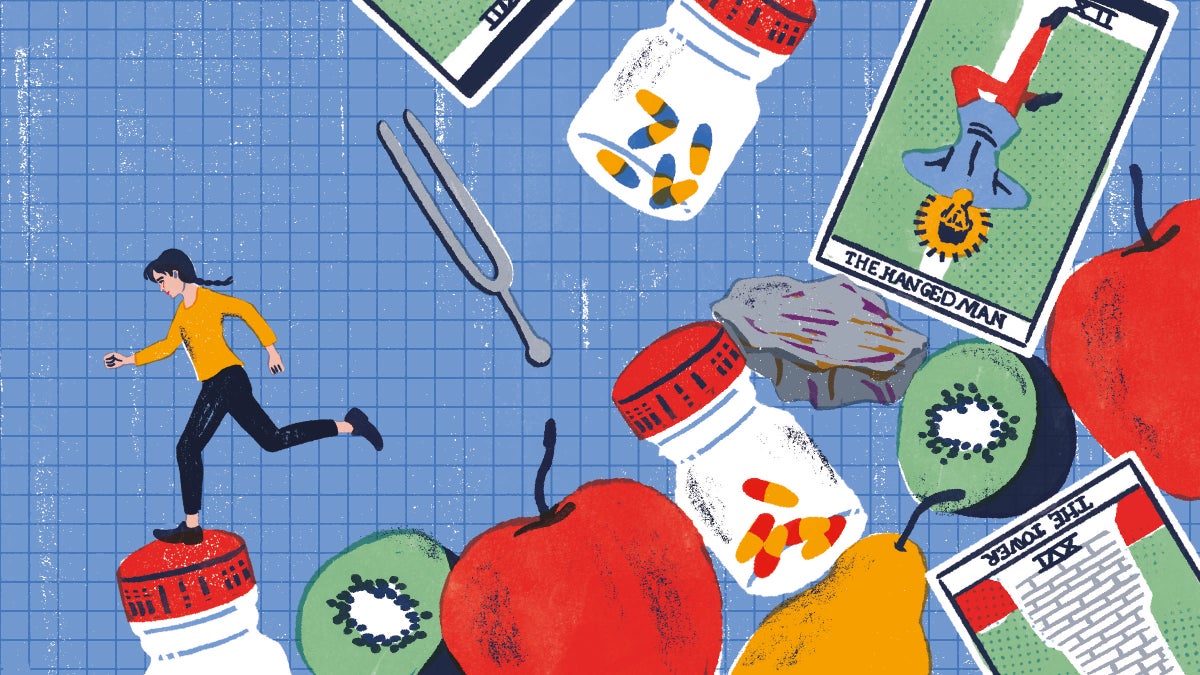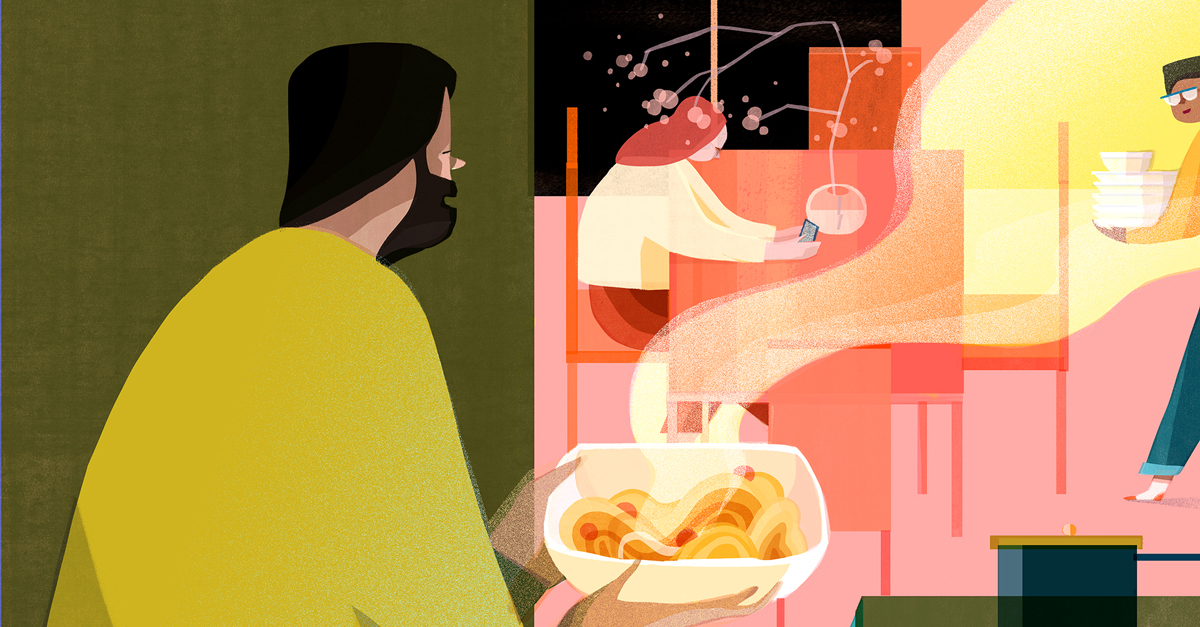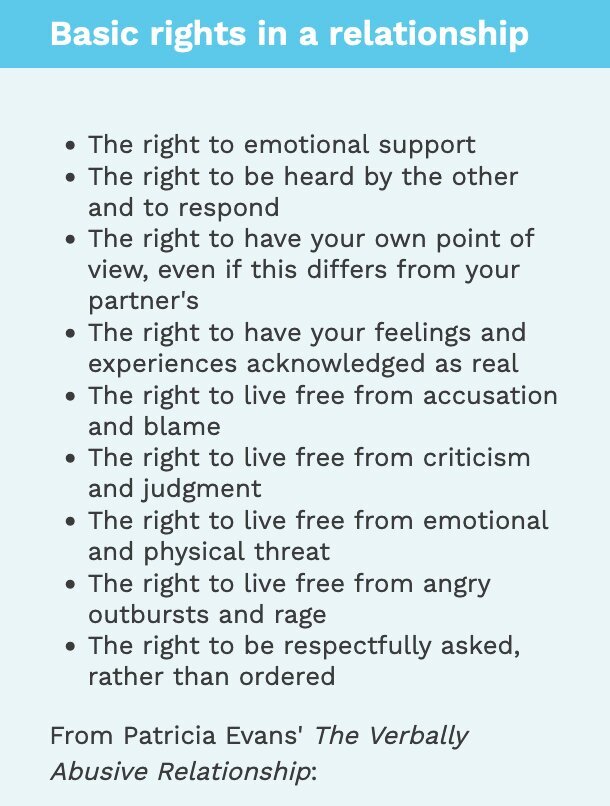
A Shift in American Family Values Is Fueling Estrangement
Both parents and adult children often fail to recognize how profoundly the rules of family life have changed over the past half century.
“Families in the past fought over tangible resources—land, inheritances, family property. They still do, but all this is aggravated and intensified by a mindset that does seem to be distinctive to our time. Our conflicts are often psychological rather than material—and therefore even harder to resolve.”
~ The historian Steven Mintz, the author of Huck’s Raft: A History of American Childhood
Last edited:





:max_bytes(150000):strip_icc()/couple-young-hugging-bed-getty-fb-0325-34300167a49e4f8cbe889d003232497a.jpg)




